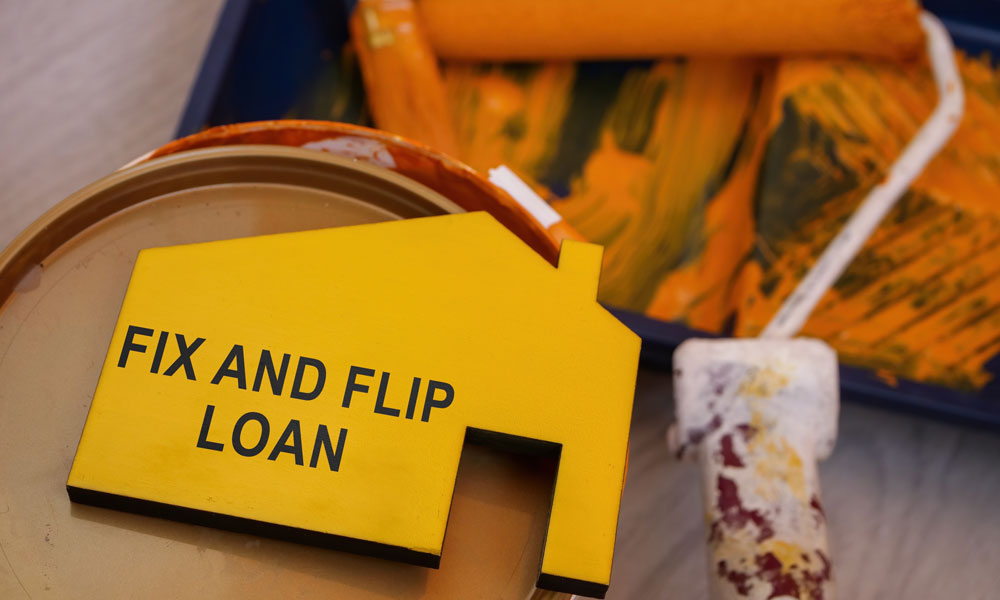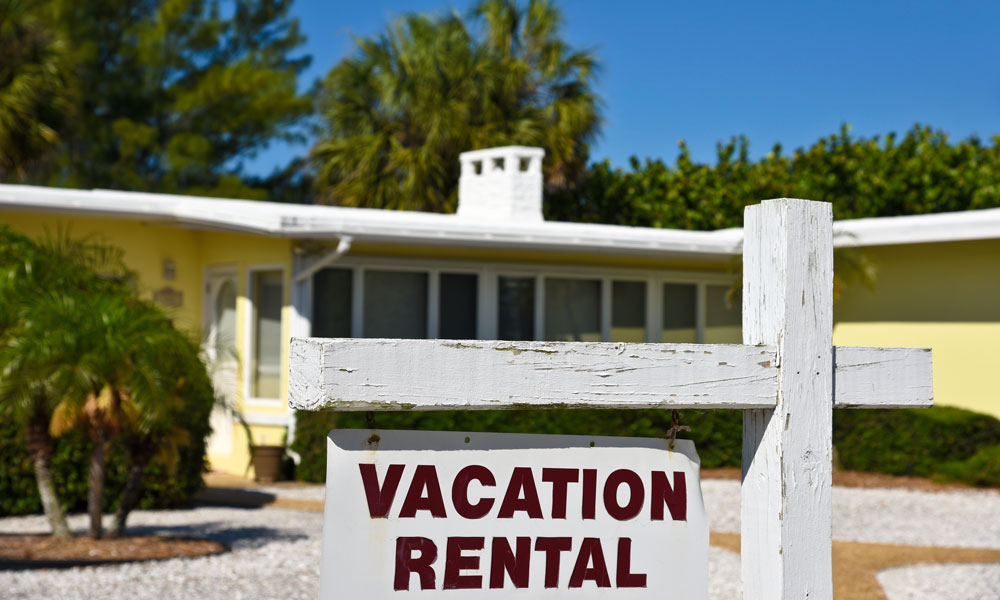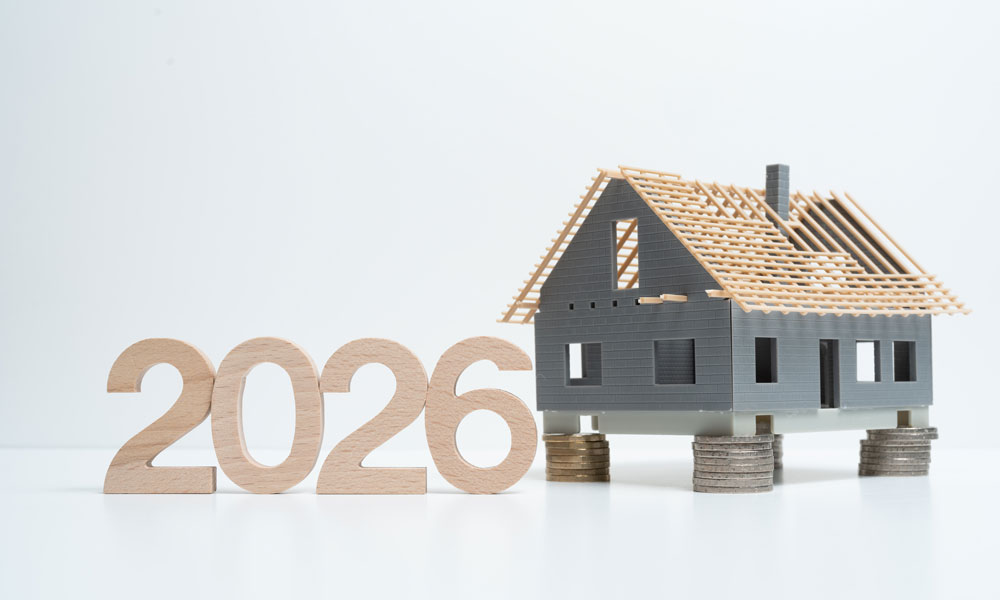Blog
Browse our articles below and learn the ins and outs for investment lending!

Where to Invest in Vacation Rentals – The Best States for Short-Term Rental Income in 2026
Investors searching for where to invest in vacation rentals today are approaching the market differently than they did just a few years ago. Rising interest rates and slower appreciation have forced investors to focus on fundamentals, cash flow, occupancy, and operational efficiency, instead of speculative price growth.

Documents Required for Fix and Flip Loans: Get Approved Without Traditional Income Verification
Real estate investors continue to turn to fix and flip strategies because of the potential for fast returns and scalable growth. Banks want W-2 income. They want tax returns. They want long employment histories. This is where fix and flip loans without traditional income verification come into play.

How to Find Hard Money Lenders for Rental Properties – A Step-by-Step Guide for Real Estate Investors
This guide walks step-by-step through everything real estate investors need to know about Finding Hard Money Lenders for Rental Properties- from identifying reputable lenders to qualifying, applying, and closing efficiently in 2026.

BRRRR Real Estate Strategies and Ways to Avoid Potential Problems
The BRRRR method exists for one reason: capital efficiency. Buy under market value, improve the asset, stabilize income, refinance based on the new value, then reuse capital. That cycle sounds clean on paper. In practice, the margin for error stays thin. Most problems with BRRRR deals do not come from market crashes or bad luck. They come from poor assumptions, rushed decisions, and weak execution.

How to Finance Your Vacation Rental
Financing a vacation rental is not the same as buying a primary home. The goal here is simple. Explain how vacation rental financing actually works. What options exist. When each option makes sense. Where people get stuck. And how to avoid wasting time or losing a deal because the financing plan was never clear from the start.

Housing Market Trends and Predictions for 2026 and Beyond
This is not a market built for guessing. It rewards structure, margin, and repeatable process. That is why the BRRRR Method sits at the center of serious investment planning for 2026 and beyond. Not as a trend. As a framework that works when timing feels unclear and numbers matter more than headlines.

Property-Powered Wealth: The Real Estate Path to Your First Million
New investors want a straight answer on how people actually reach a million dollars with real estate. Not a theory. Not a hype-driven promise. Just a clear explanation of what people do, step by step, and why it works more predictably than many other asset classes. Real estate gives investors control over leverage, cash flow, and forced appreciation. It lets someone with moderate starting capital move toward outcomes that feel out of reach in traditional investing. And the path has patterns. You’ll see them repeated across beginners, seasoned operators, and anyone who follows a structured plan like the ones promoted by BRRRR Loans and the 7 Steps to Financial Freedom program.

Multifamily Investing 101 - A Beginner’s Guide to Getting Started in 2026
Multifamily investing is not a side hustle anymore. In 2026, it is capital-heavy, data-heavy, and competition-heavy. New investors don’t lose because they chose the wrong property type. They lose because they didn’t understand how acquisition, financing, renovation, operations, and exits actually connect. If you don’t understand that full chain before you buy, the math will punish you later. This guide is about how to start investing in multifamily properties as a beginner, without skipping the hard parts.

Smart Ways to Evaluate Rent vs Sell After a Rehab
The rent-versus-sell decision after a rehab shapes cash flow, risk exposure, tax outcomes, and long-term portfolio growth. Wrong timing or flawed math can trap capital for years or erase profit fast. Many investors handle rehab correctly, then rush the exit choice without full evaluation. That mistake shows up later as poor returns, stalled scaling, or forced sales. This guide focuses on clear ways to analyze the rent-versus-sell decision after rehab. Numbers come first. Risk comes second. Strategy comes third. Emotion stays out.

Creative Ways to Finance Your Next Real Estate Investment
Getting the money to fund a real estate deal doesn’t always mean walking into a bank and applying for a conventional loan. Investors today have more options - and more flexibility - than ever before. Whether you’re flipping, renting, or following the BRRRR method, the right financing can be the difference between closing quickly and missing out.

